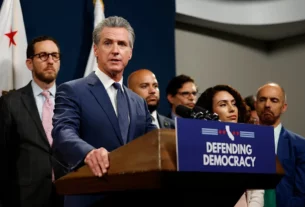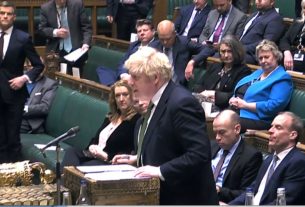A federal appeals court has ruled that officials at West Texas A&M University cannot prevent a student-led LGBTQ+ group from hosting drag shows on campus. The 2-1 decision by the 5th U.S. Circuit Court of Appeals marks a significant win for Spectrum WT, a student organization that has been engaged in a protracted legal battle after the university’s president banned the performances.
The ruling allows the group to continue hosting drag shows while its legal challenge proceeds, reinforcing protections for student expression under the First Amendment.
Background: Campus Ban Sparks Legal Battle
The dispute began in March 2023 when Spectrum WT requested permission to hold a drag show on campus. University President Walter Wendler denied the request, arguing in a campus-wide email that such performances “do not preserve a single thread of human dignity,” likening them to blackface and claiming they caricature women for entertainment.
The university’s blanket prohibition prompted Spectrum WT to file suit, claiming the ban violated their constitutional right to free expression. Last year, U.S. District Judge Matthew Kacsmaryk ruled against the students, citing concerns that children could be exposed to sexualized content. The case drew wider attention as it coincided with legislative efforts in several states targeting drag performances and LGBTQ+ events.
Appeals Court Decision
In Monday’s ruling, the 5th Circuit found that theatrical drag performances constitute expressive conduct protected by the First Amendment. “Because theatrical performances plainly involve expressive conduct within the protection of the First Amendment, and because we find the plaintiffs’ drag show is protected expression, discrimination among such shows must pass strict scrutiny,” Judge Leslie Southwick wrote in the majority opinion. She emphasized that the lower court had erred in denying the students’ claim.
Judge James Dennis joined the majority opinion. Both judges highlighted that preventing the student group from holding their events raised constitutional concerns about censorship and unequal treatment of expressive activities.
Dissenting Opinion and Cultural Debate
Judge James Ho dissented, voicing broader concerns about campus culture and student activities. Ho, appointed by former President Donald Trump, argued that allowing drag performances could create pressure to permit similar cross-dressing events in other contexts, including women’s sports. He reiterated arguments about the university’s mission to maintain a welcoming educational environment and likened drag shows to culturally insensitive acts, echoing some of Wendler’s reasoning.
Conservative voices have also expressed concern over children’s exposure to performances they consider sexually suggestive, reflecting the ongoing national debate over drag shows and LGBTQ+ representation in public spaces.
Broader Implications
Attorneys for Spectrum WT described the ruling as a victory not only for their client but for students at public universities nationwide facing potential censorship. The decision underscores the courts’ role in balancing free speech rights against administrative authority and highlights the ongoing cultural and legal tensions surrounding LGBTQ+ visibility in educational institutions.
The case continues to evolve, with further legal proceedings expected as Spectrum WT asserts its right to host events without interference.




